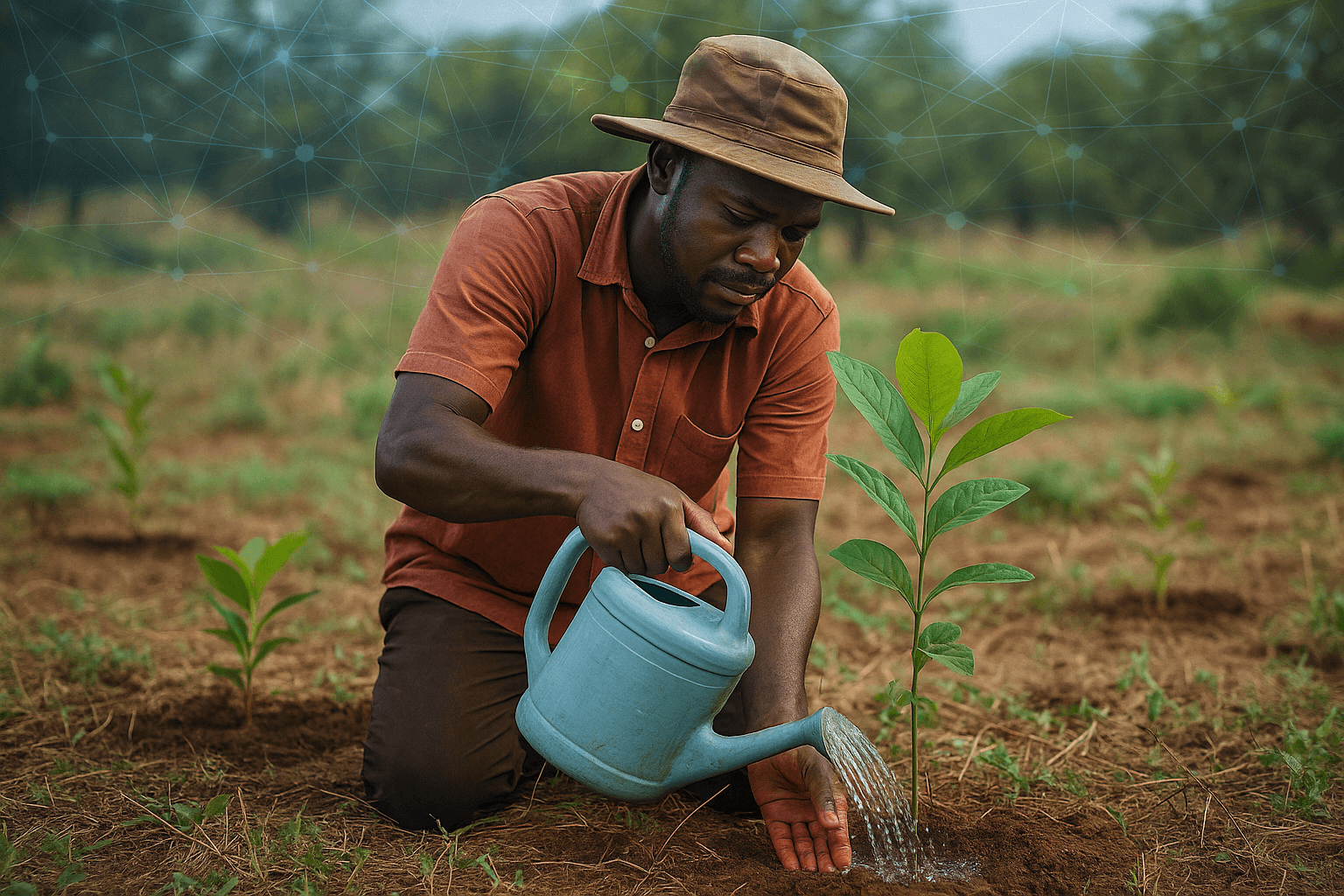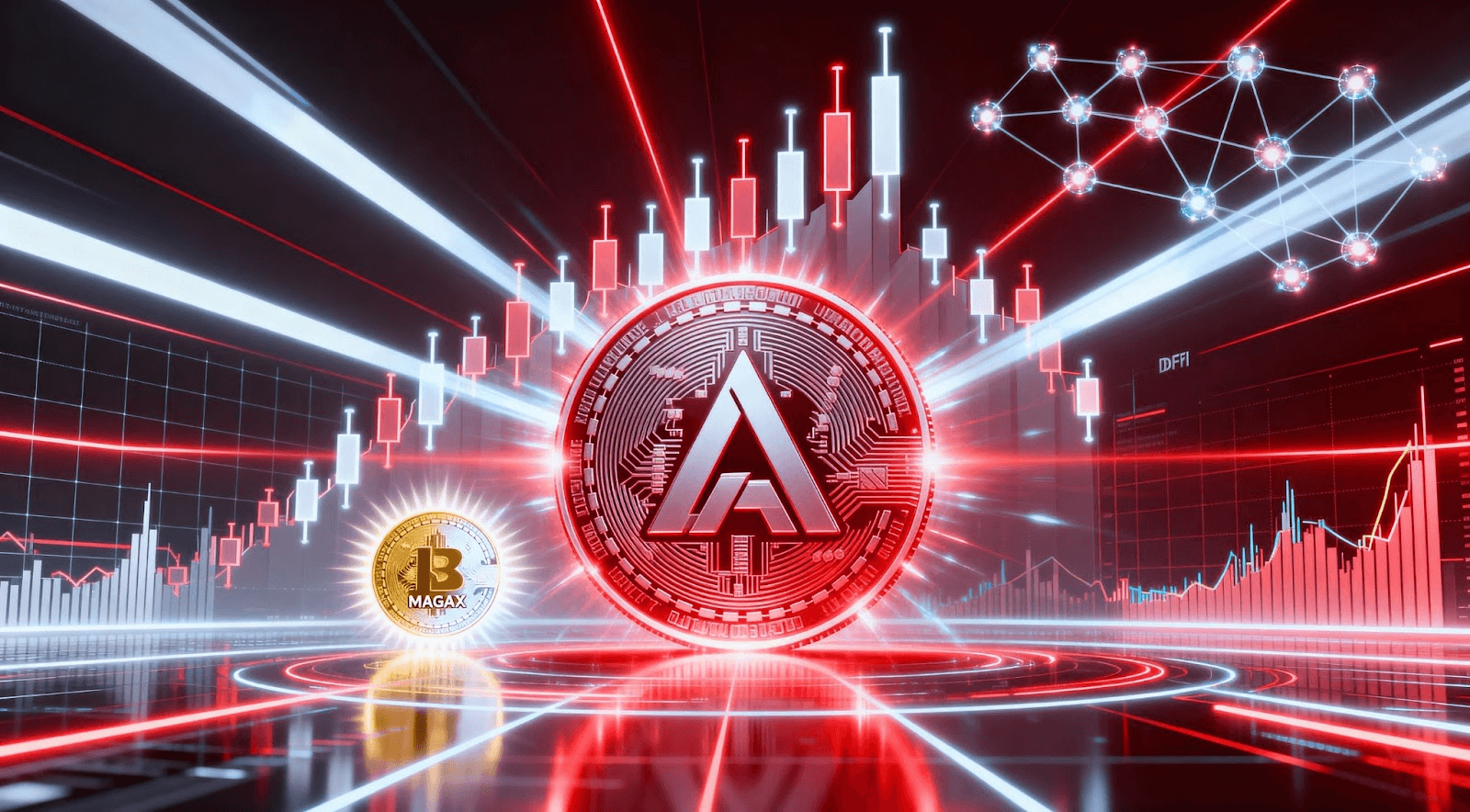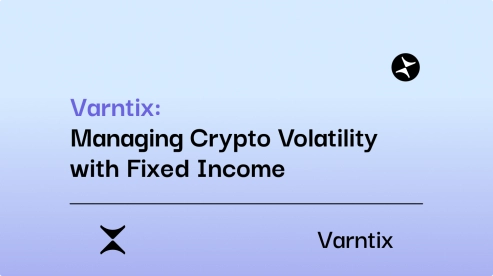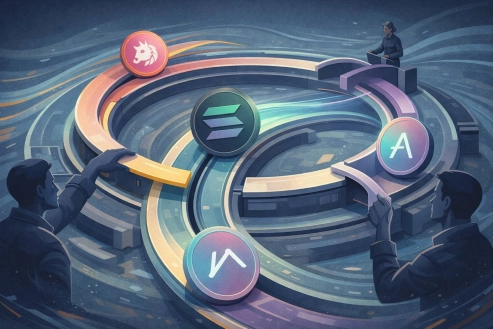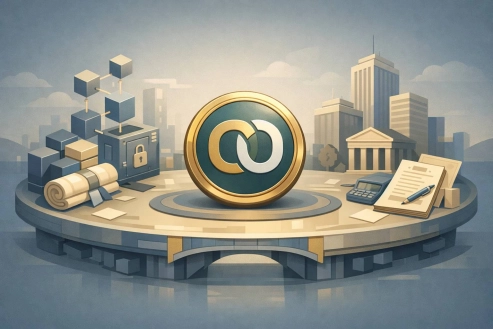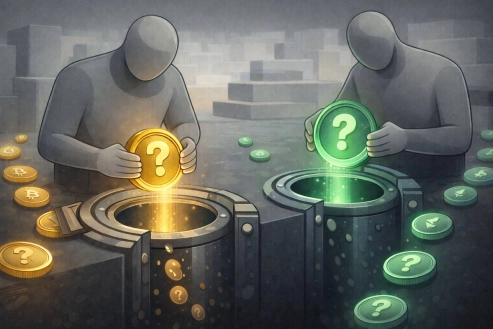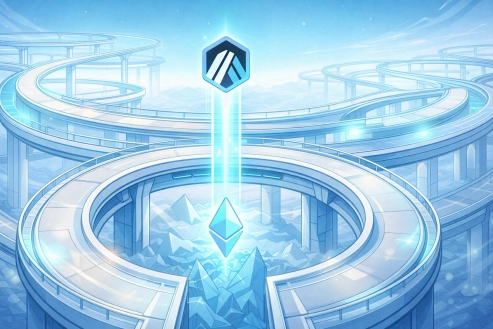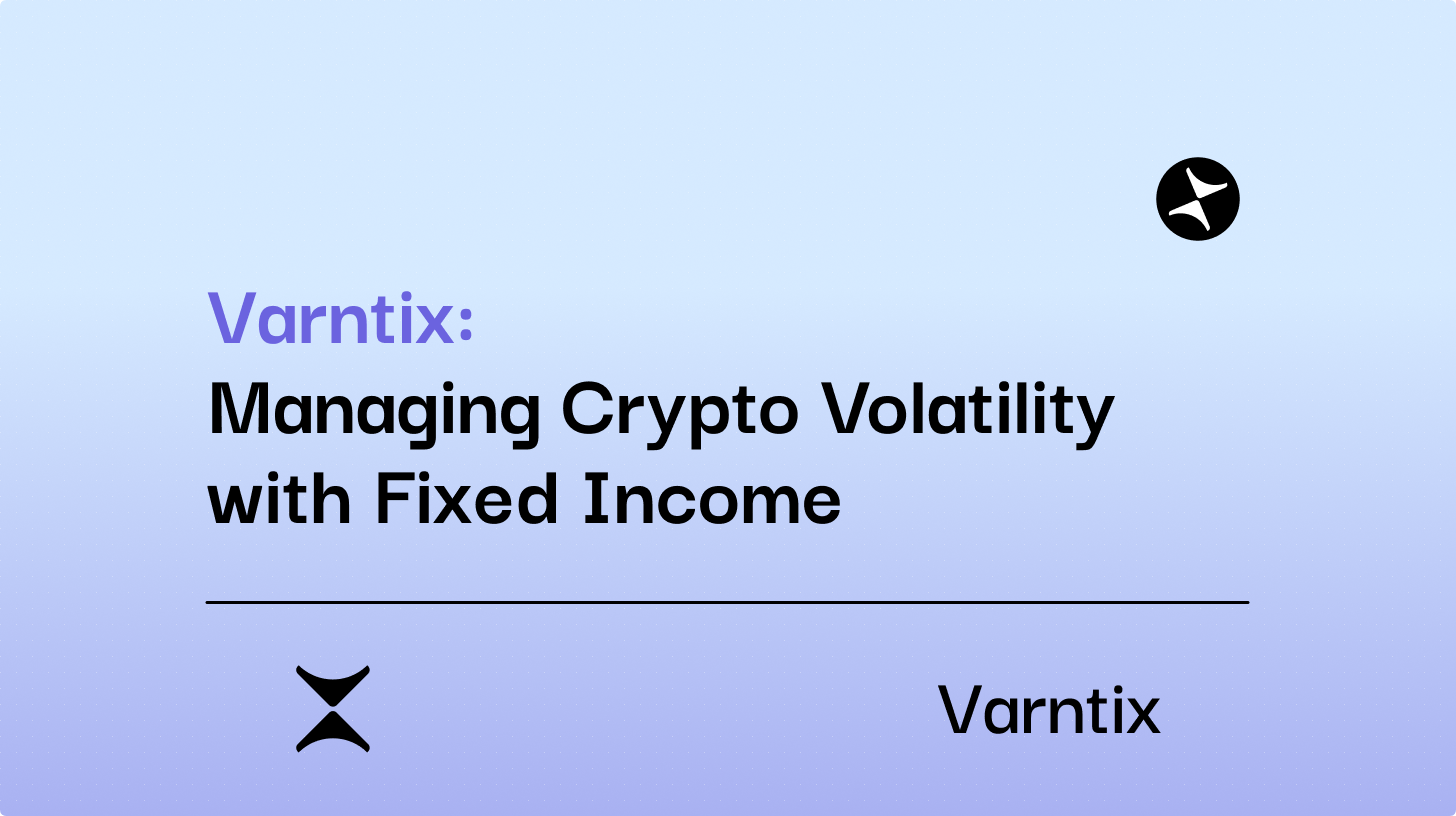Revolutionizing Carbon Markets with On-Chain Verification
Small-scale carbon projects, like the one led by Kwame Asante in Ghana's Upper West Region, often face significant delays in payment due to lengthy verification processes. Despite their crucial role in climate action, these projects struggle with bureaucratic hurdles and financial instability.
The crux of the issue lies in the verification and integrity standards required by carbon markets. Current systems are optimized for larger, industrial-scale projects, leaving smaller initiatives in a bind. They either comply with stringent criteria and endure long waiting periods, or risk exclusion from the market altogether.
Research from the World Federation of Exchanges highlights the inefficiency in voluntary carbon markets, pointing out a significant discrepancy in the effectiveness compared to mainstream markets.
Blockchain as a Solution for Faster Verification
A shining example of innovation comes from a Kenyan village solar project, where blockchain technology is employed to expedite the process of energy data verification. This method not only speeds up the certification process but also enhances transparency and trust among investors.
Similarly, initiatives in Peru are integrating blockchain to document social safeguards, including child labor-free certifications, thus aligning with global buyers' demand for ethical and responsible carbon credits.
In Ghana, on-chain technology is being tested to monitor project milestones like tree planting, offering a quicker route to payment and recognition in the international market.
Case Study: Madagascar's Innovative Waste-to-Credit System
In an ambitious project in Madagascar, the partnership between Swiss blockchain company Fedrok AG and local enterprise Greentsika demonstrates the power of digital transformation. Their project, documented here, uses blockchain to verify recycling efforts, turning local waste into globally recognized carbon credits.
The digital system records each transaction, from waste collection to carbon credit generation, ensuring every step is transparent and quickly verifiable. This method drastically cuts down the verification time, enabling faster payments and fostering trust in the carbon credit's validity.
Global Adoption and Future Prospects
The introduction of digital verification methods in carbon markets is gaining momentum globally. For instance, Open Forest Protocol has employed satellite technology and AI to streamline forest data collection and verification across multiple countries, significantly reducing the traditional cycle time.
These technological advancements are not just about efficiency; they represent a shift towards more equitable market practices that prioritize quick compensation and broader inclusion for small-scale projects.
Conclusion
The adoption of blockchain and digital verification technologies in carbon markets heralds a new era for small-scale projects, enabling them to compete on an equal footing with larger enterprises. By reducing verification times, these technologies help ensure timely payments, bolstering the financial stability of projects that are essential for local communities and the global environment.
As the system evolves, it is crucial for market participants to support and adapt to these innovations, fostering a more inclusive and efficient carbon market.
Disclaimer: This article is provided for informational purposes only. It is not offered or intended to be used as legal, tax, investment, financial, or other advice.
Investment Disclaimer





